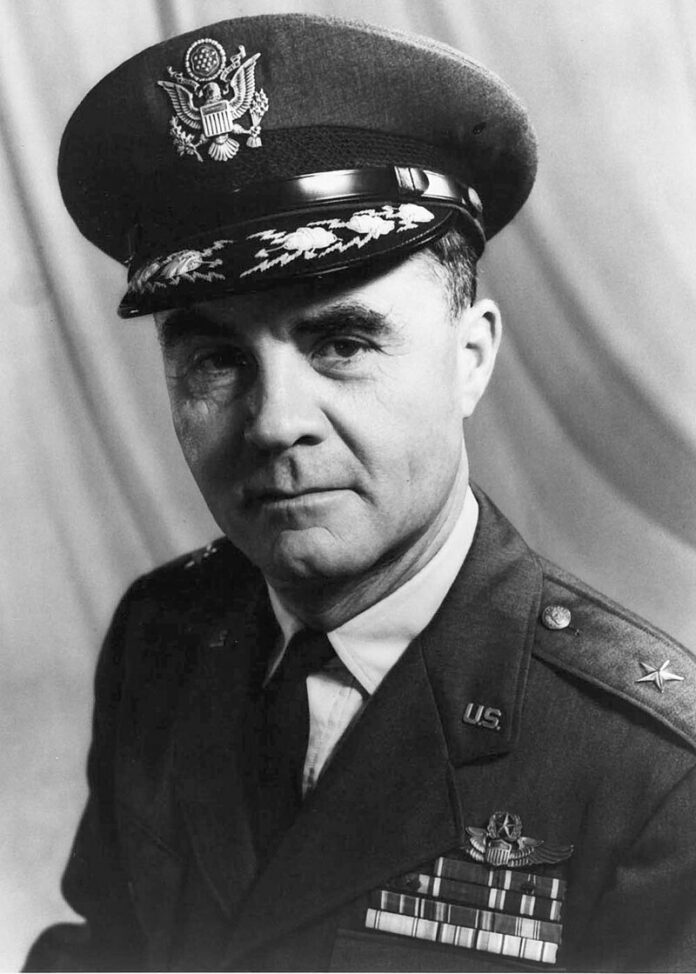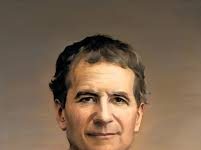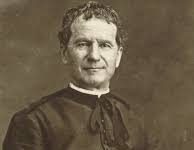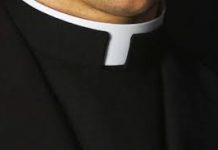Eighty year ago, Paul Tibbets flew his B-52 bomber, the ‘Enola Gay’ – named after his own mother – and dropped the nuclear bomb over Hiroshima. Under his guidance, the ‘superfortress’ took off in the middle of the night from the American air force base in Tinian, taking six hours to reach Japan. At 8:15 in the morning, the bomb, named ‘Little Boy’, was let go, and detonated just above the city, unleashing a nuclear inferno that killed 70,000 people, and condemned many more to a lingering painful death from radiation and other injuries.
Upon his return to base, he was immediately awarded the Distinguished Service Cross, and became a national celebrity. Tibbets defended his decision to his dying breath, at times, it seems, protesting too much, as though to salve a seared conscience. After all, how do you live with yourself in peace after killing tens of thousands of innocent people, whose ‘crime’ was simply being Japanese, with the misfortune of being in Hiroshima on that fateful morning?
More to the point, how was he going to face the victims upon his own judgement? (Tibbets died – ironically perhaps – on the Solemnity of All Saints, in 1972). The same may be said of those who support Truman’s decision, and Tibbets’ action, such as George Weigel, James Toner (a deacon, and former army officer) and Jim Russell, to name but a few. It is disconcerting that he and any number of other Catholic commentators can be so blind on this point. Do they not realize that the same reasons they put forward justifying Hiroshima and Nagasaki would also, by a logic that is inexorable, justify abortion, euthanasia and a host of other evils?
Readers should peruse the clear and irrefutable reply of the then-young Oxford philosopher Elizabeth Anscombe, in her protest to the awarding of an honorary degree upon Mr. Truman. She’s in good company, for the Jesuit Father John Ford also condemned Truman’s choice, and he was one of the few on Pope John XXIII’s ‘birth control commission’ also to see the evils of contraception
Whether or not the ‘line was crossed’ in targeting civilians before Hiroshima and Nagasaki, evil’s still evil, and the Church’s Magisterium cut to the chase stated this quite forcefully in 1965, twenty years after the bombings, towards the close of the Second Vatican Council, in the Constitution Gaudium et Spes:
Every act of war directed to the indiscriminate destruction of whole cities or vast areas with their inhabitants is a crime against God and man, which merits firm and unequivocal condemnation (par. 80.3; cf., CCC, #2314).












